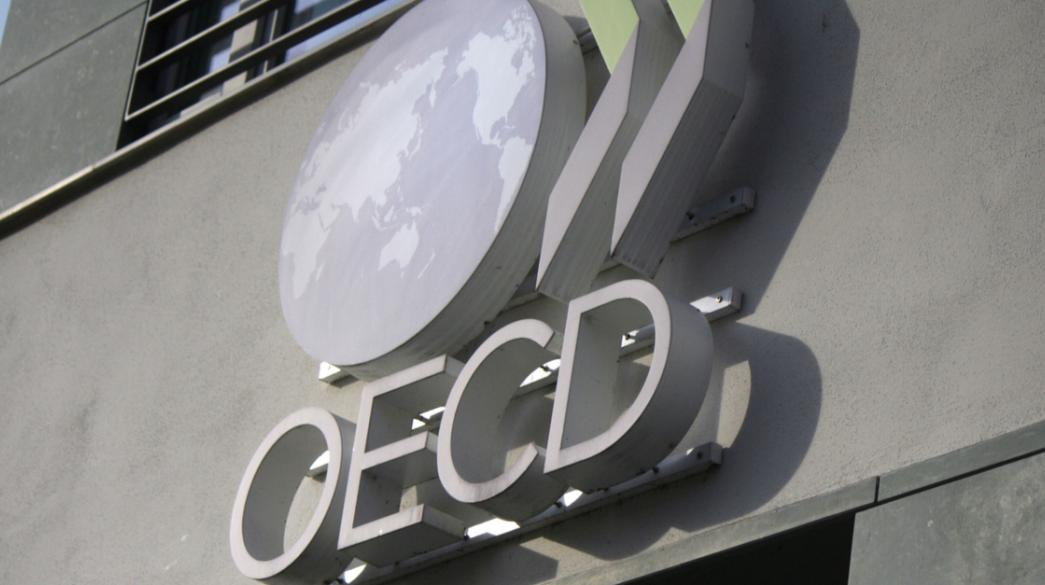
The OECD forecasts growth of 2.2% in 2025 and 2.5% in 2026 for Greece, expecting that the increase in disposable income will support consumption, while the "tight" labour market and increases in the minimum wage will support wages.
Employment growth is expected to slow gradually amid rising labour costs, while disbursements from the Recovery Fund will support a boost to investment, according to the OECD.
The new economic forecasts also predict that structural inflation and rising service prices will continue, bringing inflation back to 2% by the end of 2026.
The OECD expects a primary surplus of 2.4% in 2026 and 2026, bringing the debt to 152.2% in 2025 and below the 150% bar at 148.1% in 2026. The estimate for this year is 157.3% of GDP.
The OECD warns that delaying the implementation of the targets set under the Recovery Fund financing may worsen the country's economic outlook.
Maintaining a downward path on debt by achieving high surpluses should be a priority, the OECD notes, as demographic costs and investment needs will intensify future pressures on government spending. It also recalls that after the end of the National Recovery and Resilience Plan in 2026, government funds will have to finance a larger share of public spending.
Thus, the report points out, greater efficiency in public spending and a shift in infrastructure towards education, healthcare and investment will support the growth trajectory and capital while helping to achieve stable surpluses. In particular, with regard to increasing labour market shortages, despite high unemployment, they highlight the skills mismatch that can weigh on growth prospects and can be addressed by strengthening vocational training, rebalancing market policies and counselling the unemployed, as well as ensuring high-quality education.
In line with the OECD, reducing tax expenditures, especially on fossil fuels, and continuing efforts to combat tax evasion will increase tax revenue and improve the efficiency of the tax system.






